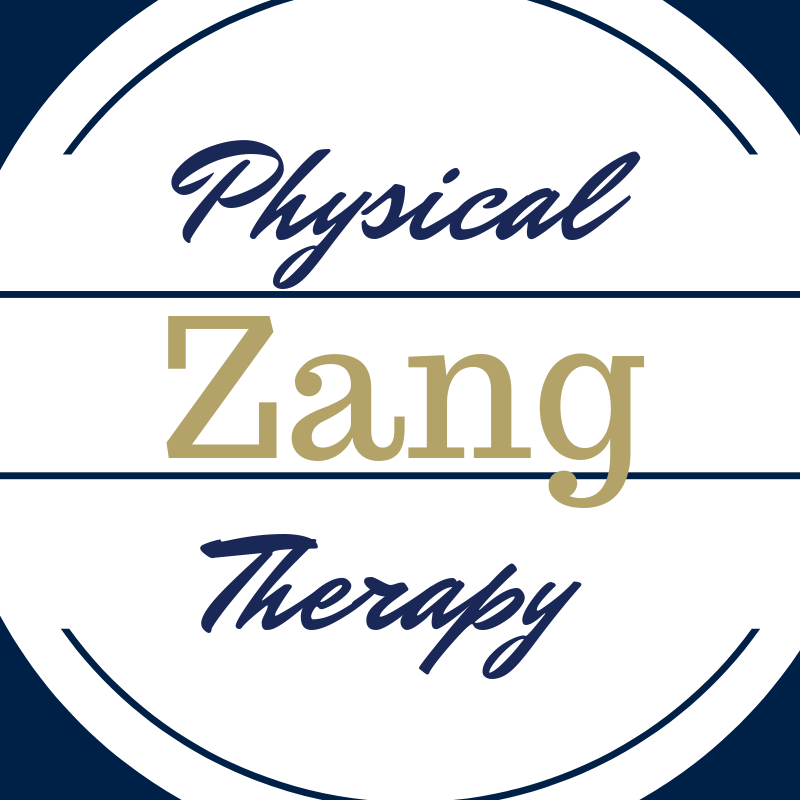Recently, many of my patients have been asking me about intermittent fasting (I.F.). In this article I’ll
review what I.F. is, how it works, and its potential benefits. I.F. is more of an “eating style” rather than a
“diet”, because I.F. is simply a pattern of eating, regardless of what one consumes. Definitionally, fasting
is simply not eating for a period of time. Thus, one is fasting while sleeping. Intermittent means
occurring at intervals; not continuous or steady.
Fasting is not a new concept; humans have likely been fasting since the beginning of our existence,
intentionally or otherwise. Our ancestors fasted out of necessity when food was scarce. Humans have
evolved to be fully capable of handling not eating for a while; in fact, we may not be as well adapted to
eating constantly!
So what does I.F. actually look like in practice? In truth, there are many schedules with different
variations of eating and fasting lengths of time. One of the most popular schedules is a 16 and 8 pattern,
where eating only occurs during an 8 hour window. For example, only eating between 11am and 7pm.
Other schedules may be an 18 and 6 pattern, 20 and 4 pattern or even fasting for one or two 24 hour
periods per week. More research is needed about which fasting patterns are best for specific health
benefits, so generally a person should do what works best with their schedule and feels best for their
body.
The health benefits of fasting begin after 12-14 hours, the time at which the body has spent the caloric
energy from the last meat eaten. The body then begins to burn stored calories, such as fat, for fuel.
Some weight loss usually due to I.F., especially after sticking with it for several weeks. The focus is NOT
necessarily calorie reduction, but this often is the case simply because there is less time to fit in as many
meals and snacks as one would normally spread throughout the day.
Other commonly reported benefits of I.F. include increased mental sharpness and improvements in
chronic health conditions. These benefits are probably due to some of the hormone and biochemistry
shifts that occur during fasting such as reduced inflammation and decreased insulin. Fasting also
increases growth hormone and neurotrophic factors, which support the growth and regeneration of
cells in the body and brain. Fasting is a form of stress on the body, but a short-term good stress like
exercise. Studies show that norepinephrine increases during fasting – this is a stress hormone and
neurotransmitter made from dopamine that increases focus, alertness, and reaction time in addition to
improving mood.
When the body is in this state of good stress and calorie deficit, a phenomenon called autophagy occurs;
“auto” means self, and “phage” means to eat, so this “autophagy” literally means self-eating. But that’s
not as bad as it sounds. The body is wise, so it only breaks down damaged cells and debris before
turning to healthy cells for fuel. This housecleaning of the body reduces toxins, improves the efficiency
of cellular machinery, reduces cancer cells, and even slows the aging process!
Okay, so there are clear pros of I.F., but are there any cons? Clearly, fasting can be challenging and
requires willpower; one has to be willing to say “no” to food during their fasting hours and overcome
hunger and cravings. This does get easier over time, but can be difficult for some people at first.
Some people shouldn’t intentionally fast, including pregnant and nursing mothers, insulin-dependent
diabetics, people with reactive hypoglycemia (blood sugar that drops too low when fasting), children,
the elderly, or people prone to eating disorders. To see how your body responds in a more gradual and
safe way, it’s probably best to start with a 13-14 hour fasting period and gradually ease into the 16 and 8
pattern over several days to weeks.
In sum, the science behind I.F. certainly seems promising, and a lot of people have already experienced
the weight loss and other benefits. So as long as it’s not contraindicated for you, consider trying it out!
Leia Anderson, ND, MS is a Naturopathic Physician at Natural Paths to Wellness in Camp Hill, located at
1524 Cedar Cliff Dr., Camp Hill, PA, 17011
(717)494-4500
www.naturalpathstowellness.com
The physicians at Natural Paths to Wellness practice a system of medicine that emphasizes identifying
the underlying cause of symptoms, assessing the body as a whole, and using natural therapies as
primary treatment.
